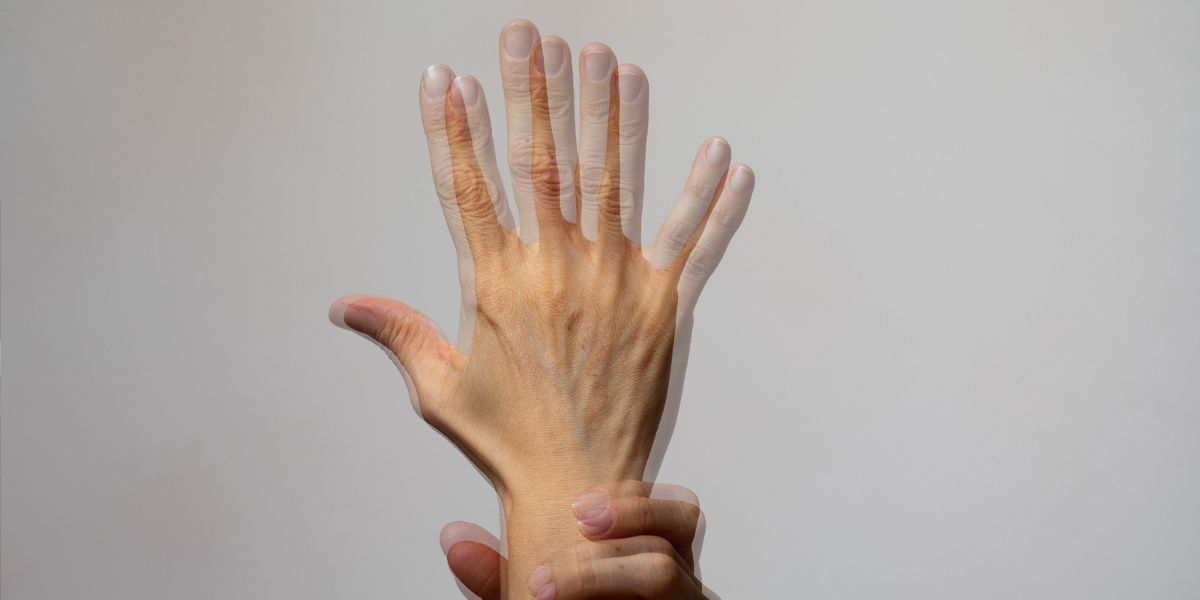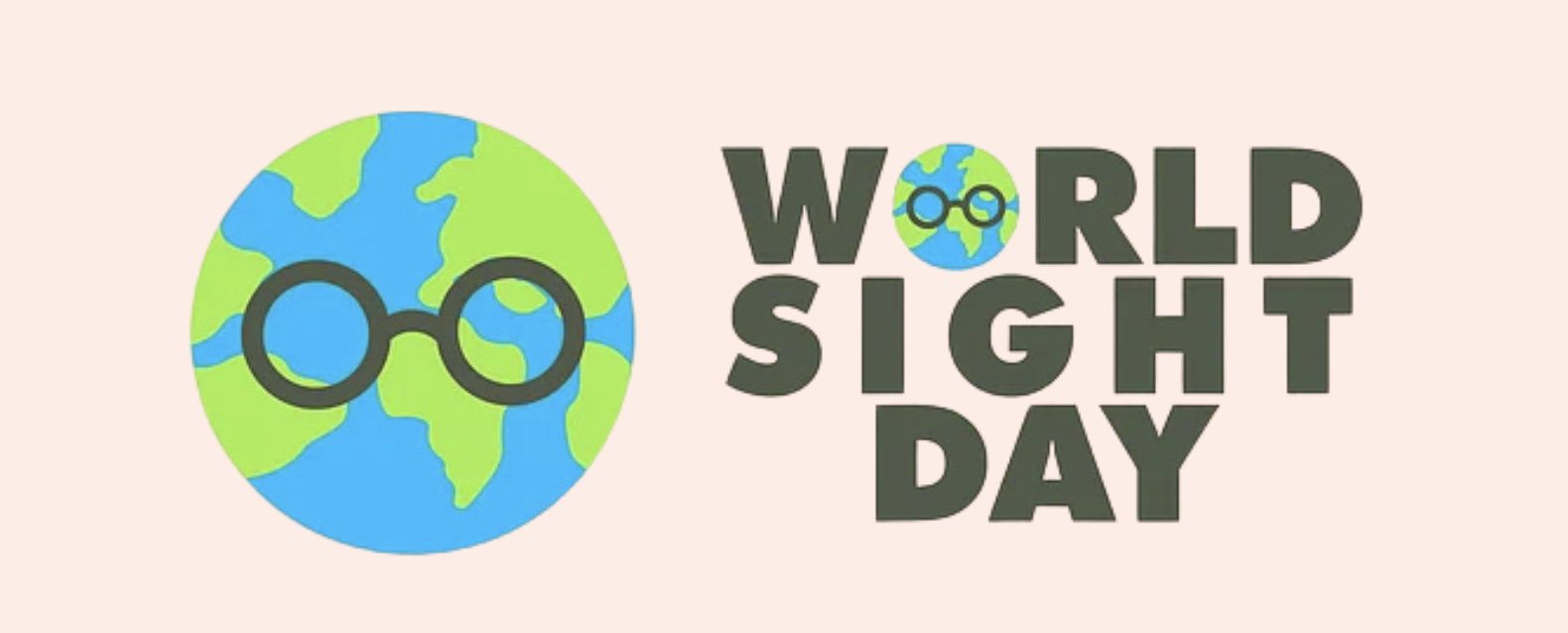Double Vision
Double vision, or diplopia, is the experience of seeing two images instead of one.
If all is working well with your eyes then you won’t have double vision. Temporary episodes of double vision can happen for many reasons, but if the double vision is long lasting or keeps coming back you should see your optometrist. Double vision which comes on suddenly and does not go away can be a symptom of a serious condition so you should see your Optometrist straight away if this happens to you.
Double vision can be very similar to “ghosting” of an image. Ghosting is when you see one image blurring out into two overlapping images, but when you have double vision the images are actually completely separate because your brain can not bring the images from both eyes into alignment with each other.
There are different types of double vision.
Monocular diplopia is double vision coming from only one eye and can just be a severe form of ghosting. If you put your hand over the affected eye then you should be able to see normally. If you put your hand over the unaffected eye then the double vision continues. This is usually caused by an abnormality in the eye itself, such as corneal distortion or cataract.
Binocular diplopia is more common and occurs when the eyes don’t align with each other as they usually would. Binocular double vision goes away when you cover one eye. This can be caused by a minor misalignment of the eyes that is longstanding but becomes more noticeable as you get older or when you are tired. Some people only get double vision when looking at close objects and some only get it when looking at far objects. Double vision can also be caused by a more serious condition such as stroke, head injury, brain tumour or diabetes.
Double vision can also be horizontal or vertical. To imagine what it is like to have horizontal double vision, imagine driving down a two lane road and seeing two cars coming toward you side by side. For vertical double vision you would see one car on top of the other. Quite alarming!
Diplopia is a relatively uncommon condition and it is more likely to occur in adults.
Treatment depends on the type of double vision you are experiencing. Your optometrist may be able to prescribe glasses or vision therapy that will alleviate the symptoms of double vision. Your optometrist will also be able to determine if your double vision is caused by a more serious condition and refer you to the appropriate medical practitioner.
Diplopia is a hazard to safe driving and a person experiencing the onset of diplopia should not drive until the condition has been assessed and satisfactorily resolved.
Information sourced from NZAO.co.nz
- Are over age 60.
- Carry extra weight or have obesity.
- Placerat vestibulum lectus mauris ultrices eros
- Have a family history of eye disease.









